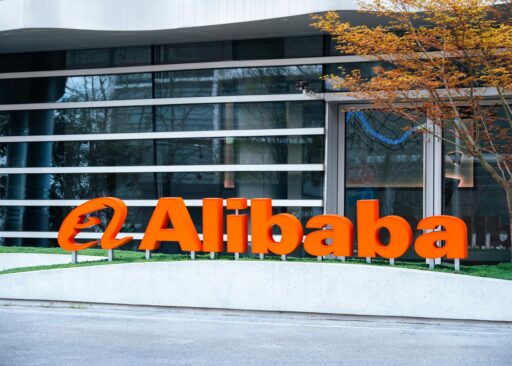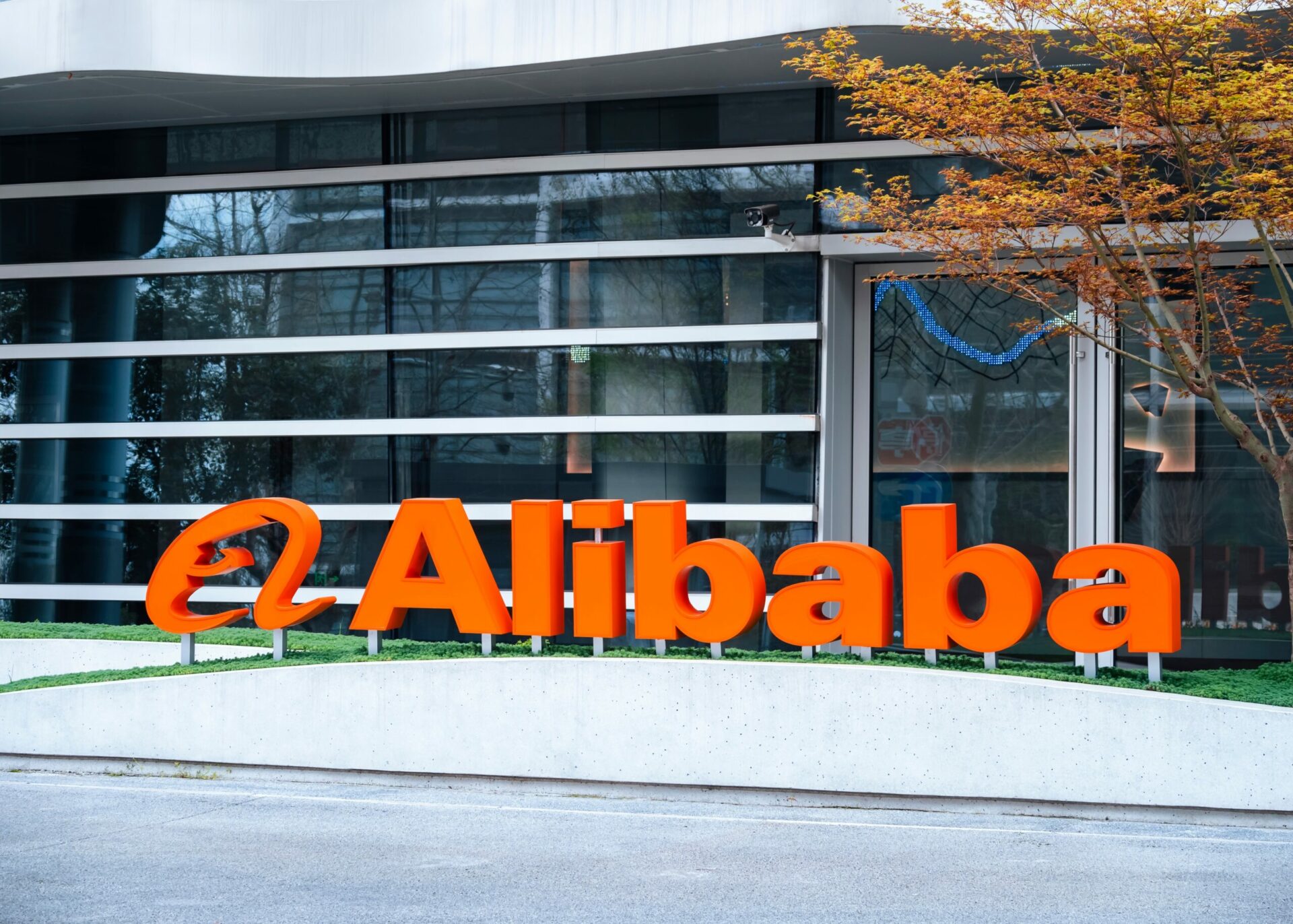Alibaba Group, China’s largest e-commerce and digital technology conglomerate, has grown into a global leader in retail, logistics, fintech, and cloud computing. With a vast ecosystem that includes platforms like Taobao, Tmall, AliExpress, Cainiao, and Alibaba Cloud, the company reaches over 1 billion active users and processes billions of transactions each year. As such, Alibaba’s environmental footprint—from cloud data centers to cross-border shipping—is immense. Recognizing its role in addressing climate change and enabling sustainable commerce, Alibaba has developed a comprehensive ESG strategy rooted in carbon neutrality, digital innovation, and green logistics.
In 2021, Alibaba launched its Carbon Neutrality Action Report, committing to carbon neutrality in its own operations (Scope 1 and 2) by 2030, and to reduce Scope 3 emissions intensity by 50% by 2030. The company also introduced the concept of a “Scope 3+” strategy, aimed at enabling a low-carbon lifestyle for consumers and merchants through its platforms. As of 2024, Alibaba is scaling green technologies, circular packaging, and AI-enabled sustainability tools across its ecosystem.
- Alibaba aims for carbon neutrality in its own operations by 2030 and a 50% emissions intensity reduction in Scope 3 by 2030.
- Alibaba Cloud improved energy efficiency by 55% between 2015 and 2022 through AI-based data center management.
- Through green logistics initiatives, Cainiao has deployed over 10 million recyclable packaging boxes in China.
Source: https://www.alibabagroup.com/en/news/press_pdf/p220413.pdf
Sustainability Strategy and Goals
Alibaba’s sustainability strategy is grounded in four key pillars: carbon neutrality, circular economy, sustainable technology, and inclusive growth. The company’s approach goes beyond operational emissions to focus on the broader ecosystem of merchants, consumers, and logistics providers. Its Scope 3+ strategy, unique in the global tech landscape, positions Alibaba not just as a reducer of its own emissions but as a platform to reduce emissions across society.
The company is targeting:
- Carbon neutrality in Scopes 1 and 2 by 2030, through electrification, renewable energy, and energy-efficient buildings.
- 50% carbon intensity reduction in Scope 3 by 2030, focusing on cloud services, logistics, and platform commerce.
- Enabling 1.5 gigatons of emissions reductions by 2035 through its platforms (Scope 3+), via green consumption, low-carbon logistics, and AI optimization.
Alibaba is also embedding ESG criteria into its corporate governance and risk management frameworks, with sustainability metrics linked to executive performance.
- By 2030, all Alibaba campuses aim to be powered by 100% renewable electricity.
- The company plans to enable 1.5 billion tons of emissions reductions by 2035 via green consumer choices and supplier transformation.
- ESG indicators are now integrated into Alibaba’s annual reporting and board oversight mechanisms.
Source: https://www.alibabagroup.com/en/sustainability/environment
Key Sustainability Innovations and Technologies
Alibaba is leveraging its technological prowess—particularly in AI, big data, and cloud computing—to develop solutions that support a low-carbon economy. Alibaba Cloud, the company’s cloud services division, has developed AI-driven tools for energy management in data centers, which optimize server load, reduce cooling demands, and enhance carbon tracking.
In logistics, Cainiao Smart Logistics Network is deploying IoT and machine learning to optimize delivery routes, reduce empty miles, and enable circular packaging programs. The company’s green warehousing initiatives also integrate solar power, electric forklifts, and automated sorting to improve energy performance.
On the consumer side, Alibaba’s “Green Brand Matrix” helps merchants display eco-certifications, while its Ant Forest app (via affiliate Ant Group) rewards consumers with virtual “green points” for low-carbon actions, which fund real-world tree planting. Ant Forest has led to the planting of over 400 million trees across China.
- Alibaba Cloud reduced energy consumption per unit of computing by over 60% between 2015 and 2022.
- Cainiao uses smart packaging algorithms that cut material use by up to 15% per parcel.
- Ant Forest has helped plant over 400 million trees, resulting in over 20 million tons of carbon sequestration.
Source: https://www.alizila.com/how-alibaba-is-using-technology-to-fight-climate-change/
Measurable Impacts
Alibaba has already delivered meaningful results across energy efficiency, emissions management, and circular packaging. Between 2020 and 2022, Alibaba reduced its operational emissions intensity by 24%, while increasing gross merchandise volume. The company’s data centers—among the most energy-efficient in China—operate with power usage effectiveness (PUE) as low as 1.17, outperforming regional averages.
The Cainiao logistics platform has deployed over 10 million recyclable packaging boxes, and its “green delivery” initiative has expanded to 30+ cities in China, with over 100,000 electric delivery vehicles (EVs) now in use.
Additionally, Alibaba reports that over 100 million users have engaged in low-carbon behaviors through its platform nudging systems, such as choosing “green delivery” or opting out of unnecessary packaging.
- Operational carbon emissions intensity declined 24% from 2020 to 2022.
- Cainiao reduced packaging material per parcel by 15–20% using AI design systems.
- Over 100 million users engaged in low-carbon actions via Alibaba’s Scope 3+ tools.
Source: https://www.alizila.com/alibaba-carbon-neutrality-report-scope3-strategy/
Challenges and Areas for Improvement
While Alibaba has made strong progress in Scope 1 and 2 management, its greatest challenge lies in Scope 3 emissions, which account for more than 90% of its total footprint. These emissions come from product manufacturing, third-party logistics, and user consumption, making them harder to track and mitigate.
Moreover, despite innovations in sustainable packaging, plastic waste from e-commerce packaging remains a major issue, particularly during high-volume sales periods like Singles’ Day. Although Alibaba promotes sustainable consumption, achieving behavioral change at scale across its user base is complex and inconsistent.
There is also a need for greater transparency in carbon accounting, particularly around upstream supplier emissions and product lifecycle assessments. Alibaba is working on improving ESG disclosures but still trails behind global peers in standardized third-party auditing.
- Scope 3 emissions represent more than 90% of Alibaba’s total carbon impact.
- E-commerce packaging remains a major waste challenge, particularly during shopping festivals.
- Alibaba has room to improve third-party ESG assurance and Scope 3 tracking systems.
Source: https://www.greenpeace.org.cn/alibaba-sustainability-report-review/
Future Plans and Long-Term Goals
Looking forward, Alibaba’s sustainability roadmap includes reaching carbon neutrality in operations by 2030, further electrifying its logistics fleet, and expanding renewable energy deployment across all campuses and data centers. The company is also scaling green computing infrastructure, such as liquid-cooled servers and AI-optimized cloud architectures, to reduce the carbon intensity of digital services.
Alibaba will continue refining its Scope 3+ strategy with enhanced carbon tracking tools for merchants and consumers. The company plans to incorporate product-level carbon footprint labeling across its platforms and provide merchants with climate dashboards to help them track and improve their performance.
In addition, Alibaba aims to grow its green consumption programs, incentivizing eco-friendly purchasing behaviors, sustainable product choices, and participation in circular economy initiatives.
- Carbon neutrality for Scope 1 and 2 by 2030, with Scope 3+ decarbonization targets extending to 2035.
- Full deployment of EV logistics fleets and solar-powered warehouses across China by 2030.
- Carbon footprint labeling on all Tmall eco-certified products by 2026.
Source: https://www.alibabagroup.com/en/news/article?news=p221108
Comparisons to Industry Competitors
Alibaba’s sustainability ambitions are substantial, but they exist in a competitive landscape where global peers are also racing toward net-zero.
Amazon: Committed to net-zero by 2040 through The Climate Pledge, with major investments in electric vehicles and renewable energy.
JD.com: A direct competitor in China, JD is expanding green warehousing and last-mile EV delivery, with a goal to reach carbon neutrality by 2030.
eBay: Committed to net-zero emissions by 2040, focusing on circular commerce and carbon transparency in resale markets.
- Amazon is the largest corporate purchaser of renewable energy globally and has deployed over 10,000 EVs from Rivian.
- JD.com’s logistics fleet includes over 5,000 autonomous and electric delivery vehicles, with a focus on automation and green AI.
- eBay prioritizes circular economy through resale and reuse, avoiding over 1.6 million metric tons of emissions in 2022.
Source: https://sustainability.aboutamazon.com/, https://jdcorporateblog.com/sustainability/, https://www.ebayinc.com/impact/
Our Thoughts
Alibaba is redefining what platform-driven sustainability looks like in the digital economy. Its Scope 3+ approach, combined with AI-driven logistics and consumer engagement tools, gives it the potential to influence emissions far beyond its direct operations. The company’s investments in green data centers, smart packaging, and low-carbon lifestyle incentives are creating an emerging model for responsible tech ecosystems.
However, Alibaba must continue improving transparency, standardization, and supplier accountability to keep pace with global ESG best practices. Tackling Scope 3 emissions at scale—especially across such a massive and diverse platform—will be its greatest test.
With its technological advantage and consumer reach, Alibaba can be a powerful enabler of climate action in the e-commerce era—if it sustains and accelerates its commitment to measurable, science-based sustainability outcomes.
Source: https://www.alibabagroup.com/en/sustainability/environment






